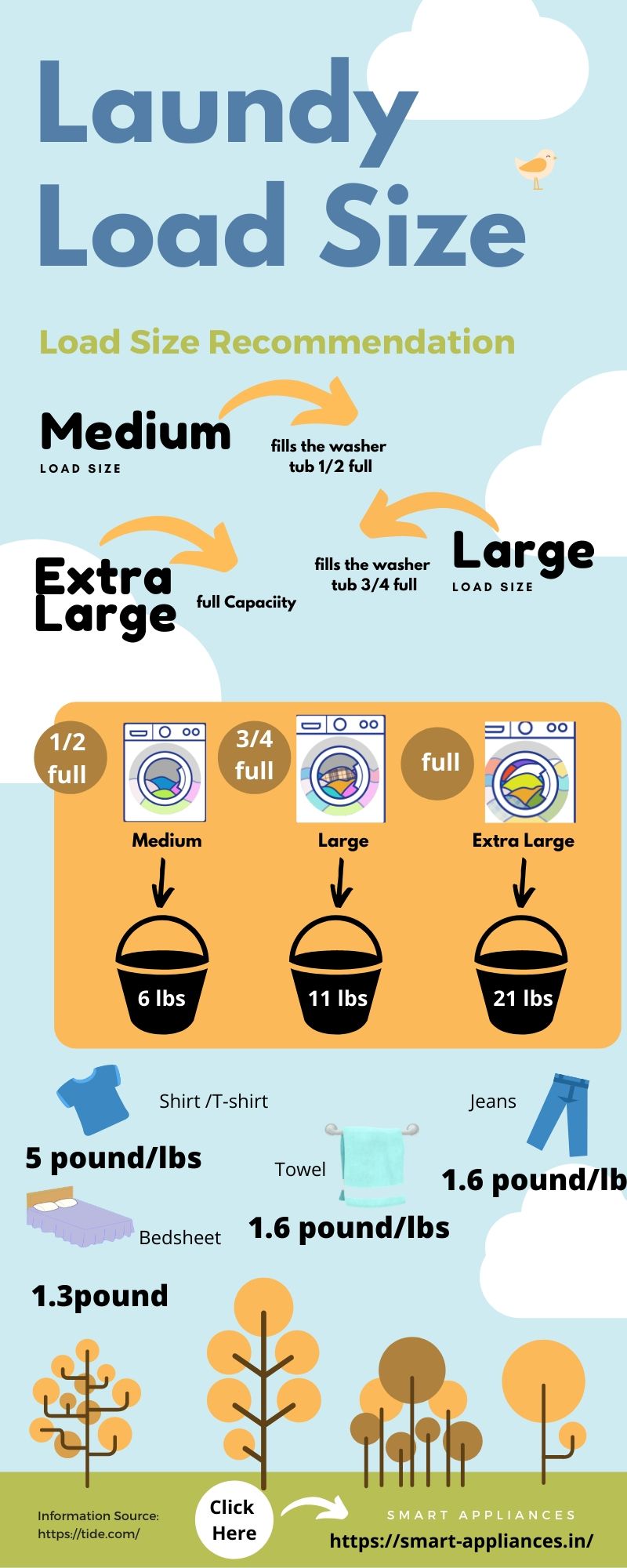Frankly, I'm surprised your brand expects you to know the weight of your laundry to use their product. Every brand I use specifies a fraction of a cap-full based on the volume of the load.
For example:
Large load: use a capful
Medium load: use 2/3 capful
Small load: use 1/3 capful
My suggestion is to use volume instead of weight to estimate the amount of detergent you need.
Estimating the amounts needed by volume
First, fill your washing machine to capacity to determine an average weight1 of a "full load". Using the cap or measuring cup for your detergent, add the amount of detergent suggested for that weight. Use a permanent marker to place a mark on the measuring cup at that level and label it "full load". Then mark off whatever increments are convenient for that fraction of a load (see the example above).
That will provide a convenient reference so you don't have to weigh your laundry each time. If your laundry is not coming out clean, you can add a bit more. Stained or dirtier laundry may also need a bit more detergent while less soiled loads may need a bit less. Measurements are not typically that precise.
(1) To determine the weight of an item without a dedicated freight scale: Weigh yourself with common household body-weight scale while holding the item (e.g. the bag of laundry). Your weight holding the item minus your normal weight (without the item) equals the weight of the item itself.
